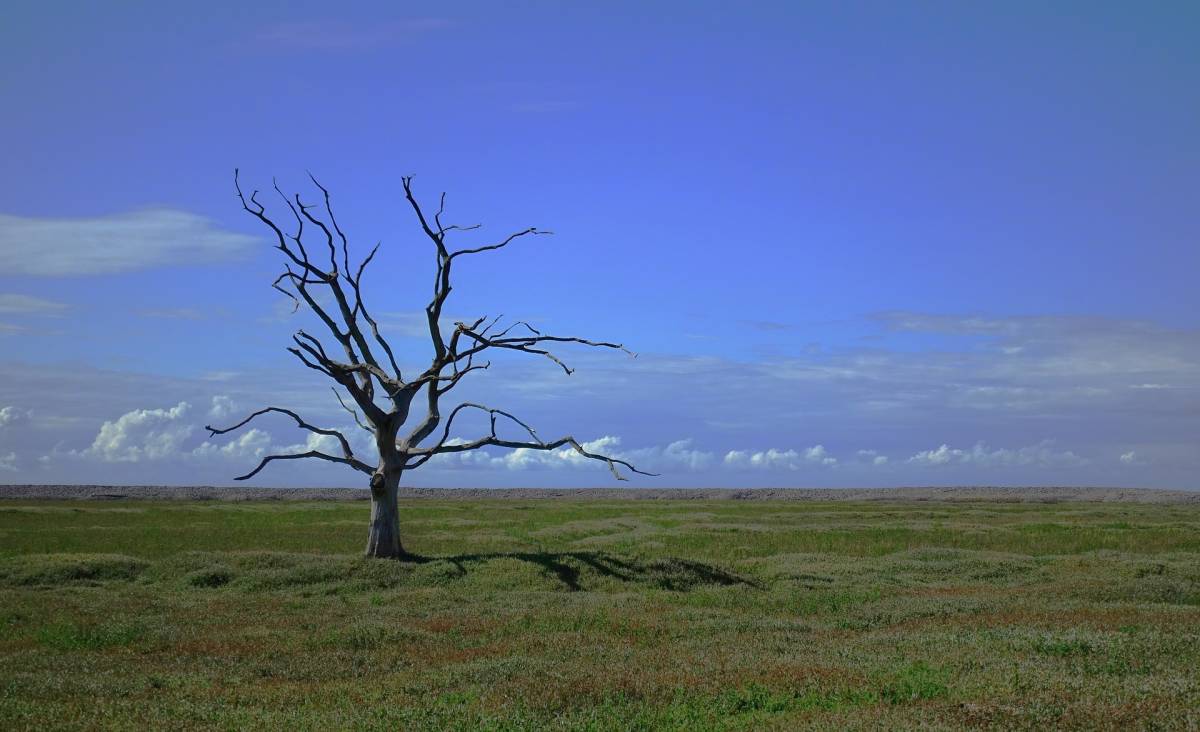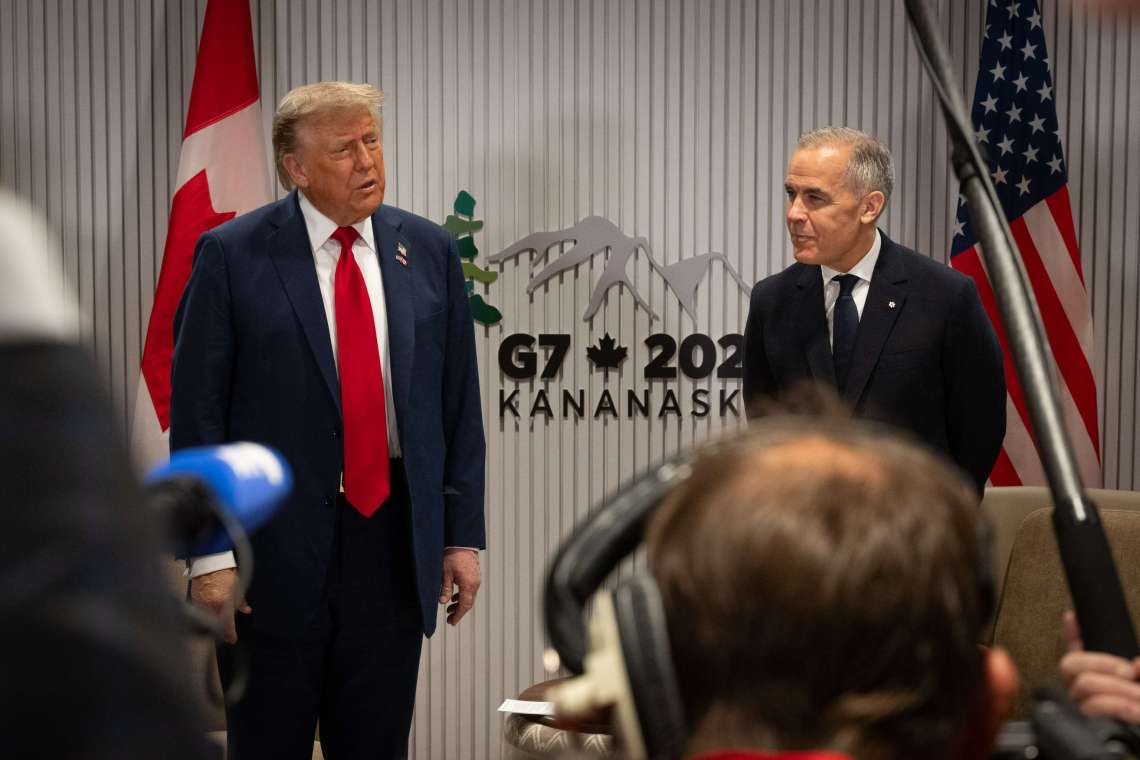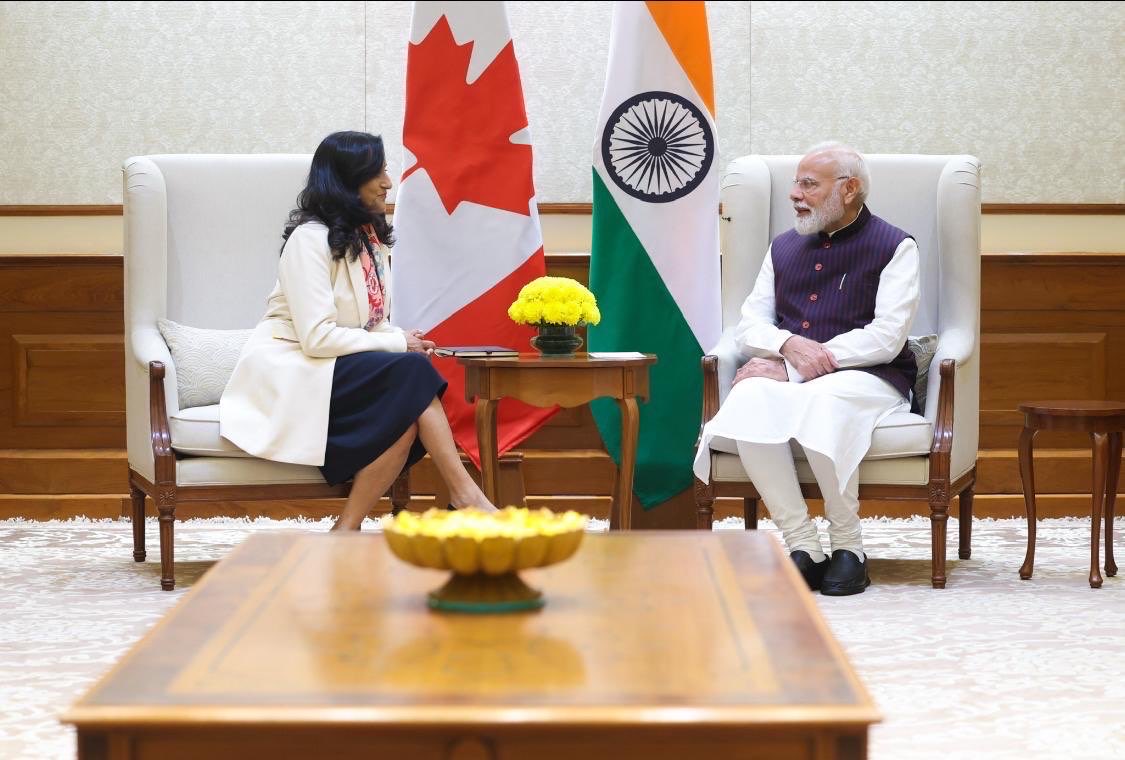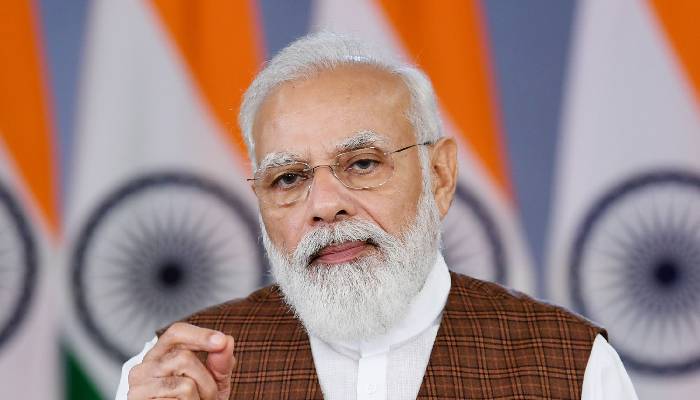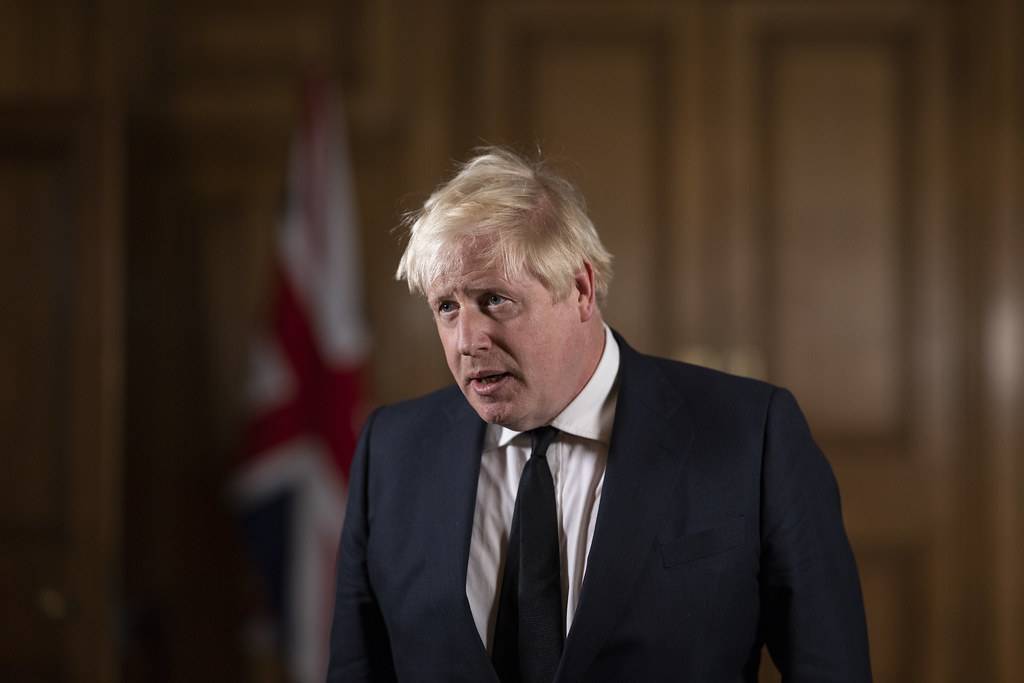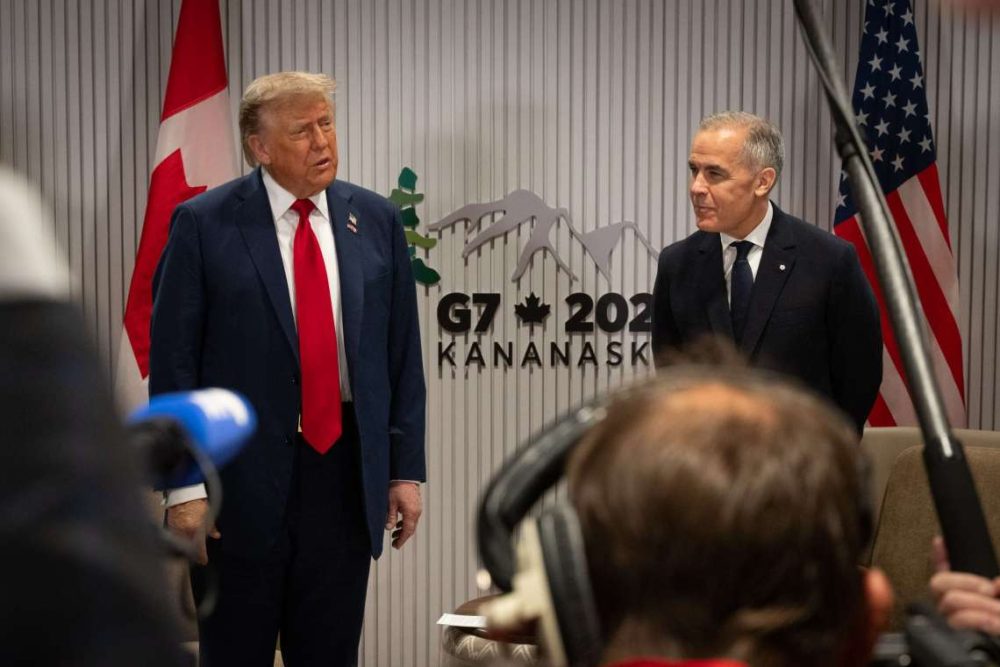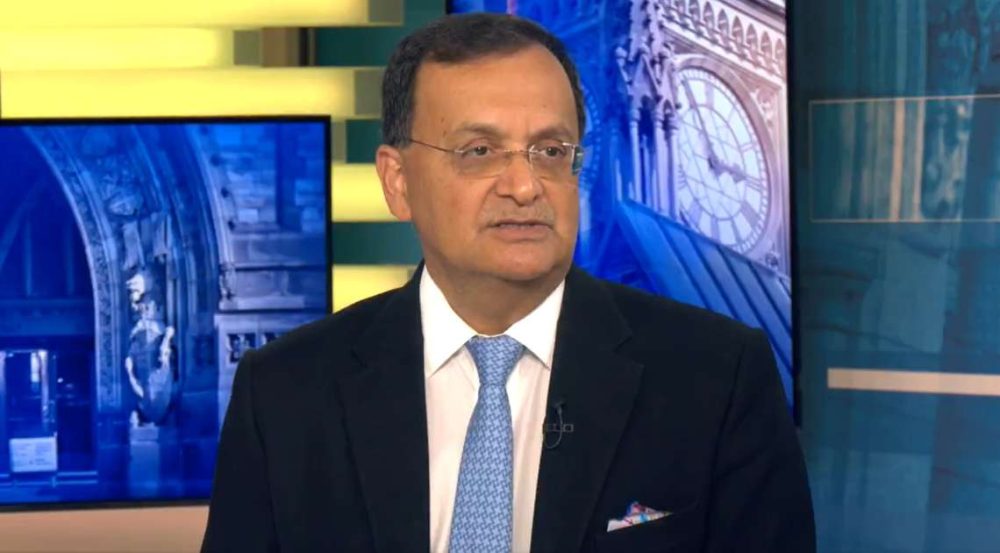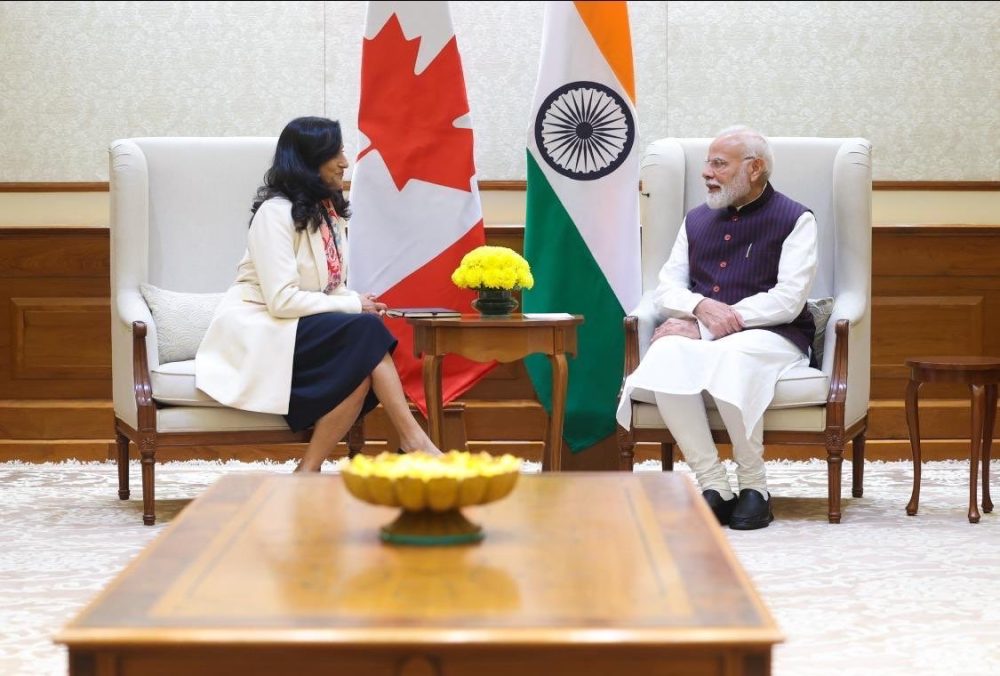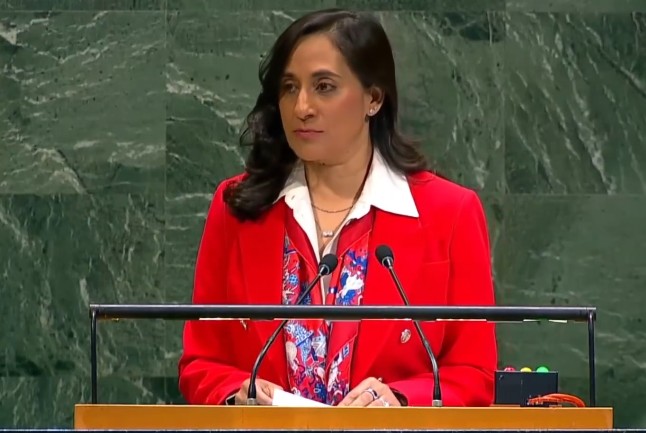The data also provides confidence that developed countries can mobilise more than $100 billion per year thereafter through to 2025…reports Asian Lite News
Canada and Germany have published a ‘Delivery Plan’, commissioned by the incoming UN Climate Conference (COP26) President, which outlines how developed countries plan to meet their joint commitment of mobilising $100 billion in climate finance annually from 2020 to 2025.
This quantified long-term finance element of the Paris Agreement recognises common but differentiated historical responsibility for climate change as well as developing countries’ need for support to take climate action.
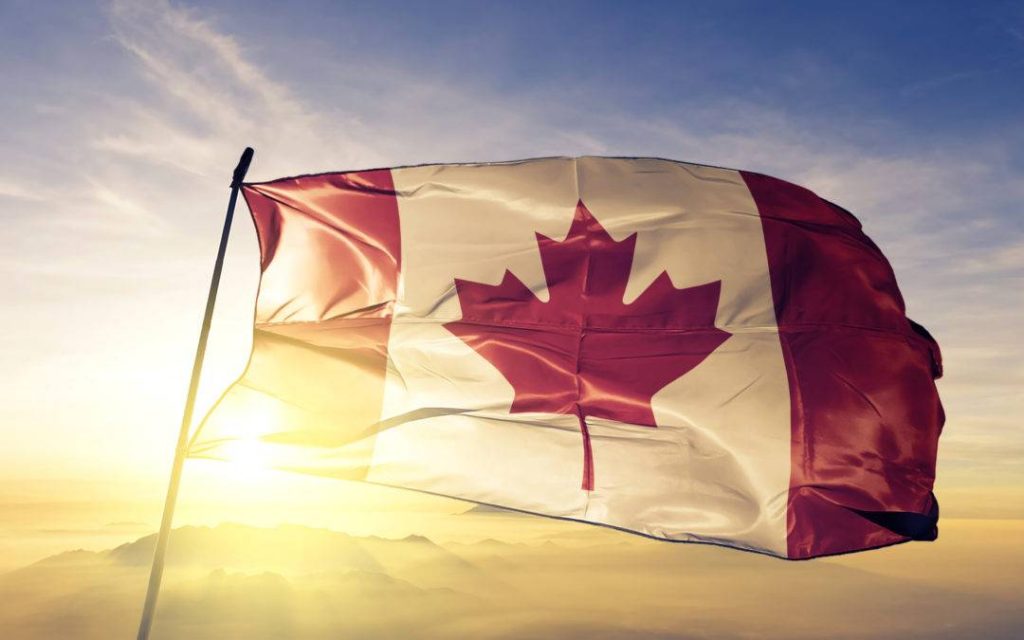
Based on the analysis from the Organisation for Economic Cooperation and Development (OECD), the Delivery Plan, published on Monday, shows that developed countries will make significant progress towards the $100 billion goal in 2022, and provides confidence that it will be met in 2023.
The data also provides confidence that developed countries can mobilise more than $100 billion per year thereafter through to 2025.
Climate finance plays a critical role in helping developing countries fight climate change and adapt to its impacts.
In 2009, developed countries agreed to mobilise $100 billion in climate finance per year by 2020, and in 2015 agreed to extend this goal through to 2025.
ALSO READ: EU’s Timmermans discusses climate with Indian ministers
While developed countries have significantly scaled-up their support over the last decade, new analysis shows the $100 billion goal was unlikely to have been met in 2020 and is likely to also fall short in 2021 and 2022.
Ahead of COP26, President-Designate Alok Sharma asked Jonathan Wilkinson, Canada’s Minister of Environment and Climate Change, and Jochen Flasbarth, Germany’s State Secretary at the Ministry for Environment, Nature Conservation and Nuclear Safety, to work together to produce the ‘Delivery Plan’ on the $100 billion commitment, to demonstrate how and when developed countries will deliver on their promise.
Building on assessments of progress on the $100 billion goal to date, the ‘Delivery Plan’ sets out an estimated trajectory of climate finance from 2021 through to 2025 – taking into account new climate finance pledges from individual developed countries and multilateral development banks.
It also sets out principles on how to improve the delivery of climate finance.

Responding to the ‘Delivery Plan’, Lorena Gonzalez, senior associate in the WRI Finance Center, told IANS: “This ‘Delivery Plan’, developed under the leadership of Minister Wilkinson from Canada and State Secretary Flasbarth from Germany, is a key step toward ensuring developed countries rapidly scale up climate finance.
“Though developed countries pledged 12 years ago to mobilize $100 billion in climate finance annually by 2020, the ‘Delivery Plan’ confirms it is unlikely that they delivered the requisite contributions last year.
“Developing countries need finance now so that they can invest in climate action to shift their economies’ long-term trajectory, as well as deal with mounting climate impacts.”
Most developed countries have not yet mobilized finance in accordance with their fair share.
The US is responsible for the greatest shortfall, and Australia, Canada, Italy, Greece, Iceland, and Portugal, among others, must do more.


